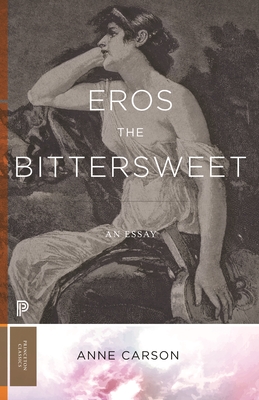If her ordering has a descriptive intention, eros is here being said to bring sweetness, then bitterness in sequence: she is sorting the possibilities chronologically. Many a lover’s experience would validate such a chronology, especially in poetry, where most love ends badly. But it is unlikely that this is what Sappho means. Her poem begins with a dramatic localization of the erotic situation in time (dēute) and fixes the erotic action in the present indicative tense (donei). She is not recording the history of a love affair but the instant of desire. One moment staggers under pressure of
...more
Welcome back. Just a moment while we sign you in to your Goodreads account.


